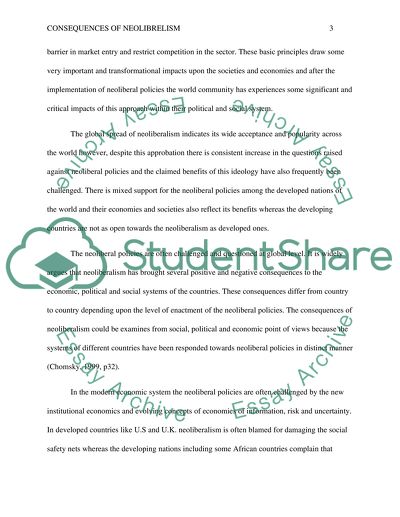Cite this document
(“Consequences of Neoliberalism. Economic Consequences of Neoliberalism Essay”, n.d.)
Retrieved from https://studentshare.org/history/1393343-what-have-been-some-of-the-political-and-cultural
Retrieved from https://studentshare.org/history/1393343-what-have-been-some-of-the-political-and-cultural
(Consequences of Neoliberalism. Economic Consequences of Neoliberalism Essay)
https://studentshare.org/history/1393343-what-have-been-some-of-the-political-and-cultural.
https://studentshare.org/history/1393343-what-have-been-some-of-the-political-and-cultural.
“Consequences of Neoliberalism. Economic Consequences of Neoliberalism Essay”, n.d. https://studentshare.org/history/1393343-what-have-been-some-of-the-political-and-cultural.


